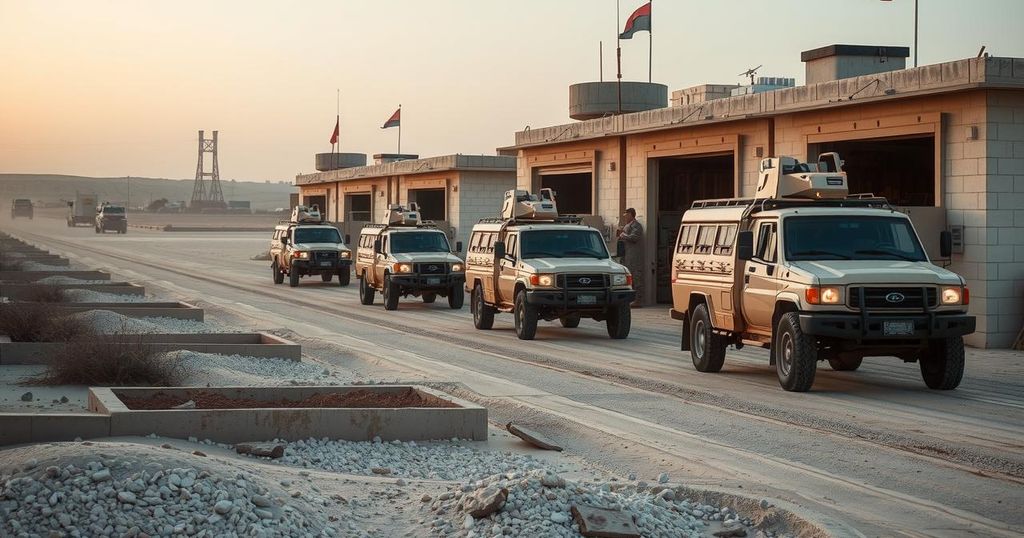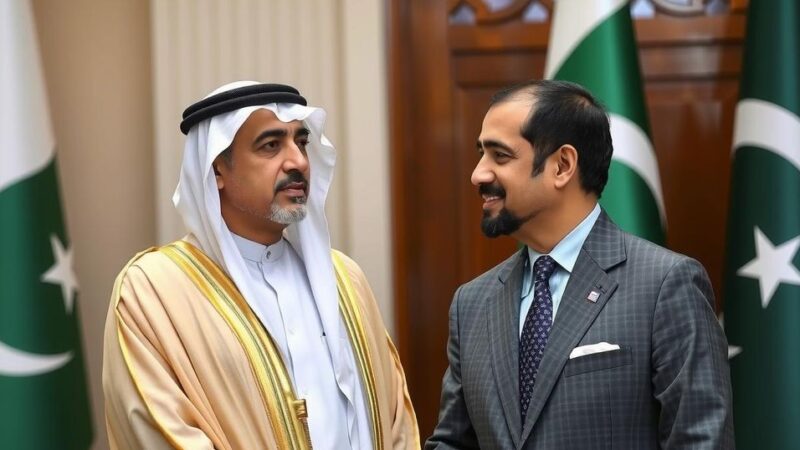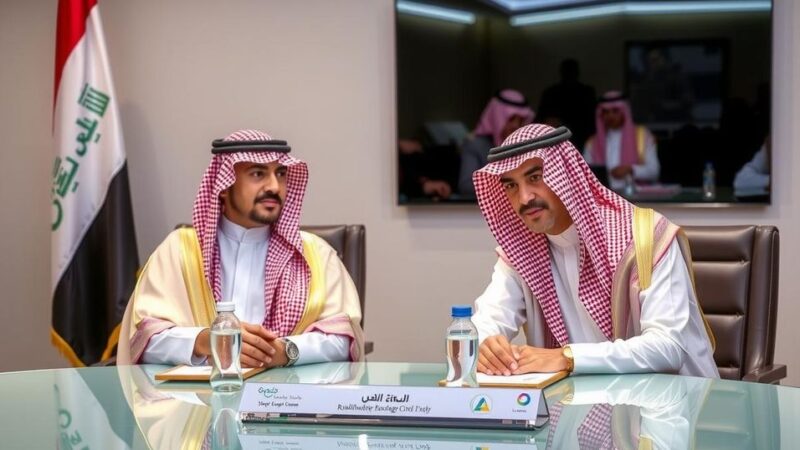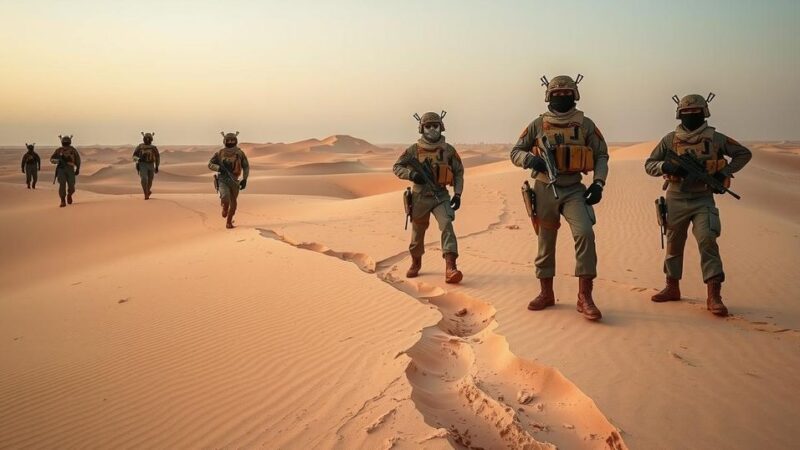Russian military forces have begun a large-scale withdrawal from Syria following the ouster of Bashar al-Assad. U.S. and Western officials characterize this withdrawal as significant yet unclear in terms of permanence. Russia appears to be assessing negotiations with the dominant rebel group regarding its key military bases. Satellite images indicate preparations for the departure of Russian assets, impacting U.S. operations against ISIS in the region.
The Russian military has commenced a significant withdrawal of troops and military equipment from Syria, as reported by U.S. and Western officials. This operation began last week, primarily in response to the ousting of former President Bashar al-Assad. Although the extent of this withdrawal is described as large-scale, its permanence remains uncertain. Intelligence assessments suggest that Russian officials are evaluating the stance of Hayat Tahrir al Sham (HTS), the current dominant rebel faction in Syria, regarding a potential negotiated settlement that could permit Russia to retain strategic bases, notably the Khmeimim airbase and the Tartus port facility.
Kremlin spokesman Dmitry Peskov acknowledged that Russia is maintaining communication with the rebels controlling Damascus, emphasizing the importance of keeping contact due to Russia’s interests in the area. Additionally, U.S. officials have noted that the Russian military is relocating naval assets to Libya, while pressuring Libyan National Army commander Khalifa Haftar to solidify its claims on a port in Benghazi. The absence of a port in Libya, combined with a potential loss of Tartus, would significantly diminish Russia’s ability to project power into the Mediterranean region.
Recent satellite imagery indicates that Russia is actively preparing to leave its military bases in Syria. Observations at Khmeimim airbase included heavy transport aircraft and the dismantling of military helicopters. In light of this withdrawal, U.S. Secretary of State Antony Blinken reported he could not provide insights on the Russian military’s actions, though Pentagon Press Secretary Major General Patrick Ryder noted that U.S. forces have been able to operate more freely in Syria, particularly against ISIS, due to the reduced threat from Russian air defenses.
The shift in airspace control has created a more permissive environment for U.S. operations against ISIS, as previous restrictions posed by Syrian and Russian defenses have diminished.
The context of this article centers around the geopolitical shifts occurring in Syria following the change in leadership, particularly the implications of Russian military movements. The removal of President Bashar al-Assad has triggered a reassessment of military strategies from various international players, including the United States. The presence of Russian military bases in Syria has long been a strategic asset, and their potential abandonment raises questions about Russia’s influence in the region. Understanding the dynamics between Russia, the Syrian government, and opposing rebel forces provides critical insight into the ongoing conflict and military strategies in the Middle East. Furthermore, the implications for U.S. operations against ISIS in the region highlight the intersection of global and regional security concerns.
In conclusion, the large-scale withdrawal of Russian military forces from Syria represents a significant change in the regional power dynamics following the ousting of President Bashar al-Assad. As Russia reevaluates its presence and engages with local rebel factions, the implications for both regional stability and U.S. military operations against ISIS become increasingly pronounced. The developments suggest a potential reshaping of alliances and operational capabilities in the Middle East, warranting close observation from international stakeholders.
Original Source: www.cnn.com







